
Overview
Sister's of Charity Hospital - STAR Saint Vincent Outpatient 1 is a substance abuse treatment center for people seeking treatment near Erie County. As part of their treatment modalities for recovery, Sister's of Charity Hospital - STAR Saint Vincent Outpatient 1 provides cognitive behavioral therapy, telemedicine/telehealth therapy, and substance use disorder counseling during treatment. Sister's of Charity Hospital - STAR Saint Vincent Outpatient 1 is located in Buffalo, New York, accepting cash or self-payment for treatment.
Sister's of Charity Hospital - STAR Saint Vincent Outpatient 1 at a Glance
Payment Options
- Cash or self-payment
- Medicaid
- Medicare
- State-financed health insurance plan other than Medicaid
- Private health insurance
Assessments
- Screening for tobacco use
- Comprehensive substance use assessment
- Outreach to persons in the community
- Screening for mental disorders
- Screening for substance use
Age Groups
- Adults
- Seniors
- Young adults
Ancillary Services
- Transportation assistance
Highlights About Sister's of Charity Hospital - STAR Saint Vincent Outpatient 1
7.14/10
With an overall rating of 7.14/10, this facility has following balanced range of services. Alcohol Rehabilitation: 8.00/10, Drug Rehab and Detox: 7.23/10, Insurance and Payments: 6.00/10, Treatment Options: 7.33/10.-
Alcohol Rehabilitation 8.00
-
Treatment Options 7.33
-
Drug Rehab and Detox 7.23
-
Insurance and Payments 6.00
Accreditations
State department of health:

Government agencies issue State Licenses, granting rehabilitation organizations permission to operate their businesses legally within specific geographic regions. The licenses needed for legal operation are typically determined by the type of rehabilitation program offered by a facility and its physical location.
The Joint Commission:

The Joint Commission's addiction and behavioral health accreditation signifies a facility's commitment to high-quality care. It involves rigorous evaluations and assessments of clinical practices, ensuring effective, evidence-based treatment. Accreditation showcases a dedication to continuous improvement and patient safety, instilling trust among patients, families, and healthcare professionals. It's a mark of excellence in addiction and behavioral health care.
Treatment At Sister's of Charity Hospital - STAR Saint Vincent Outpatient 1
Treatment Conditions
- Alcoholism
- Substance use treatment
Care Levels
- Outpatient
- Regular outpatient treatment
- Aftercare
Treatment Modalities
- Cognitive behavioral therapy
- Telemedicine/telehealth therapy
- Substance use disorder counseling
- Trauma-related counseling
- Group counseling
Ancillary Services
Additional Services
- Pharmacotherapies administered during treatment
- Housing services
- Breathalyzer or blood alcohol testing
Special Programs
- Pregnant/postpartum women
- Clients who have experienced trauma
Get Help Now
Common Questions About Sister's of Charity Hospital - STAR Saint Vincent Outpatient 1
Contact Information
Other Facilities in Buffalo

7.51

7.92

7.58
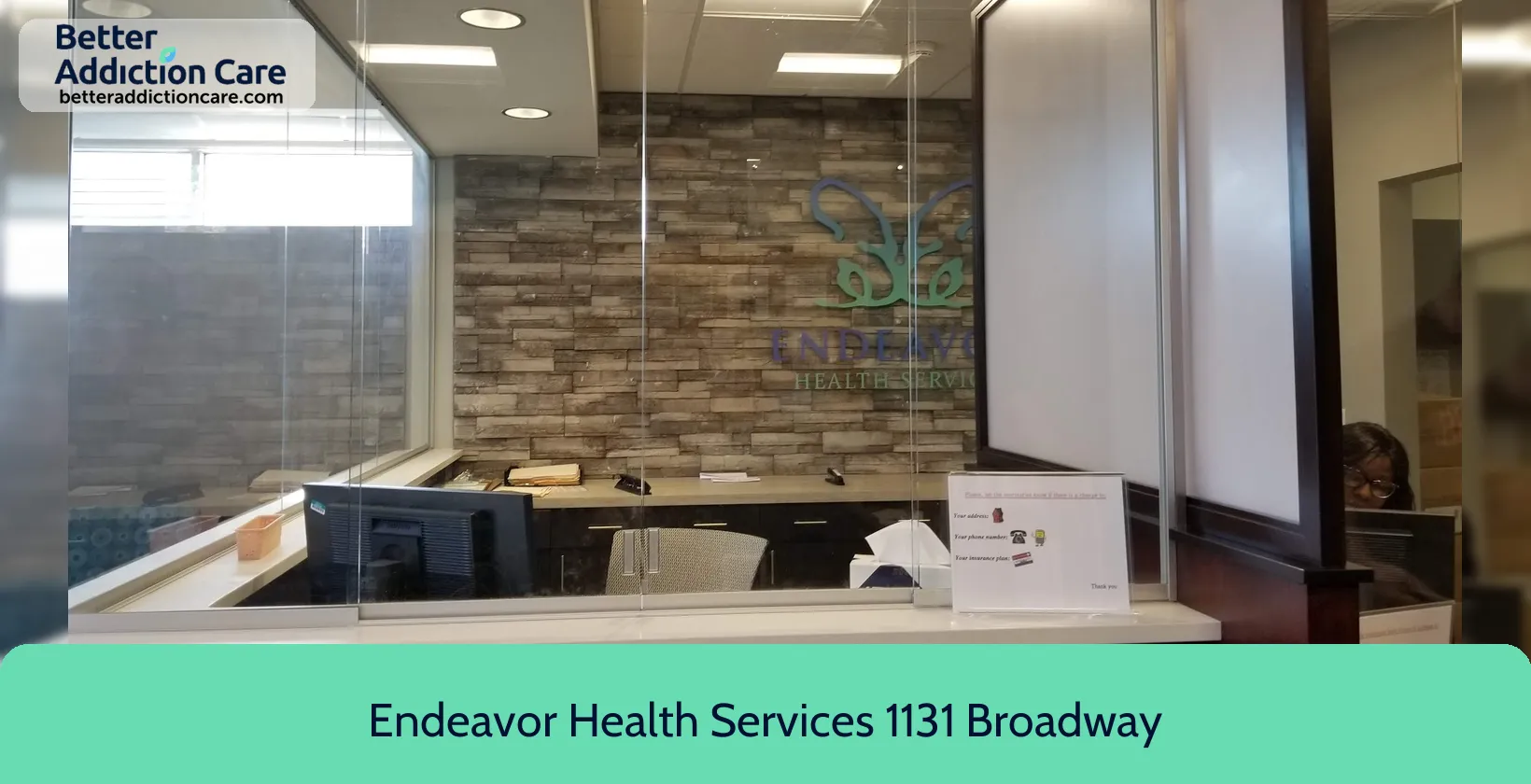
7.58
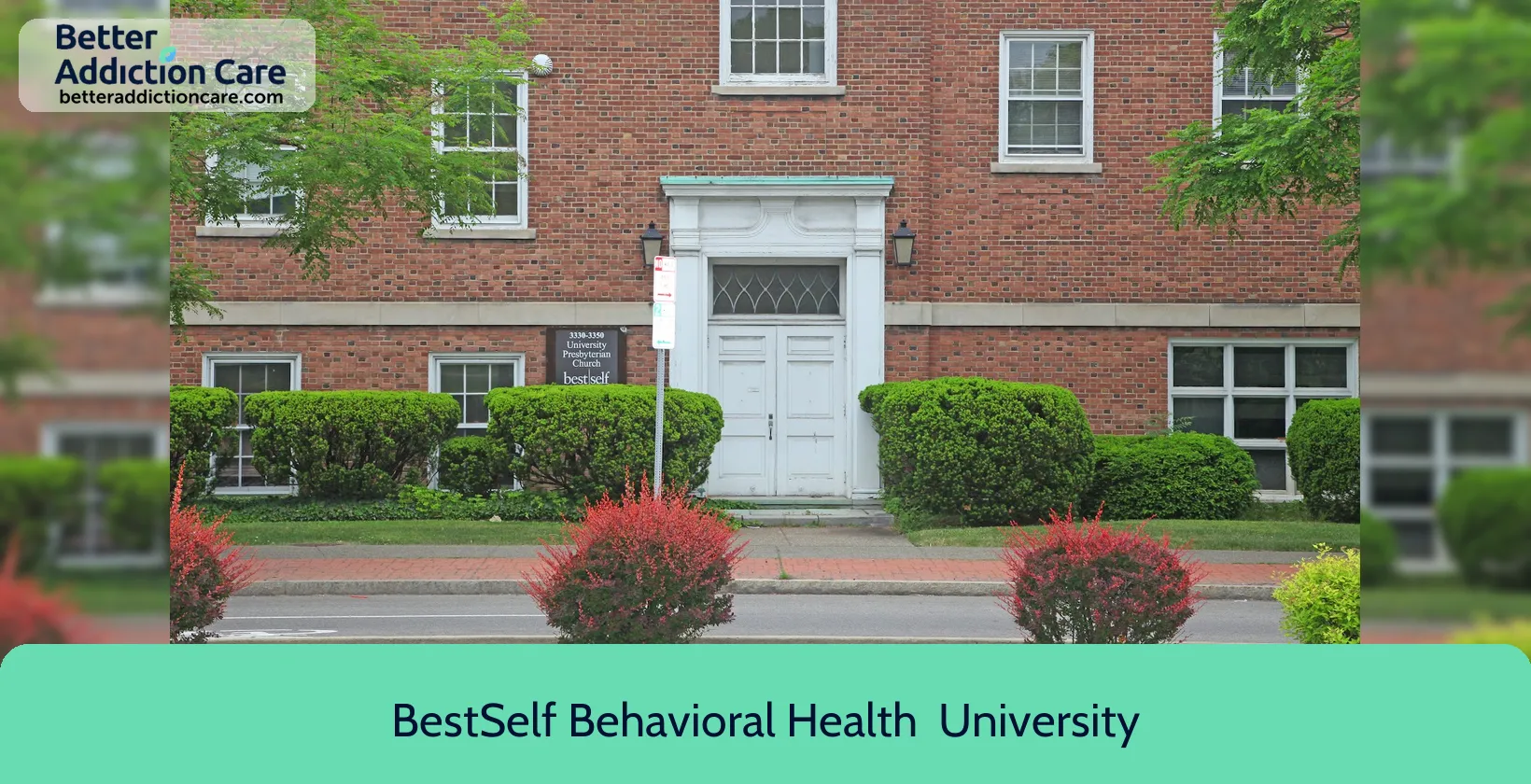
6.74
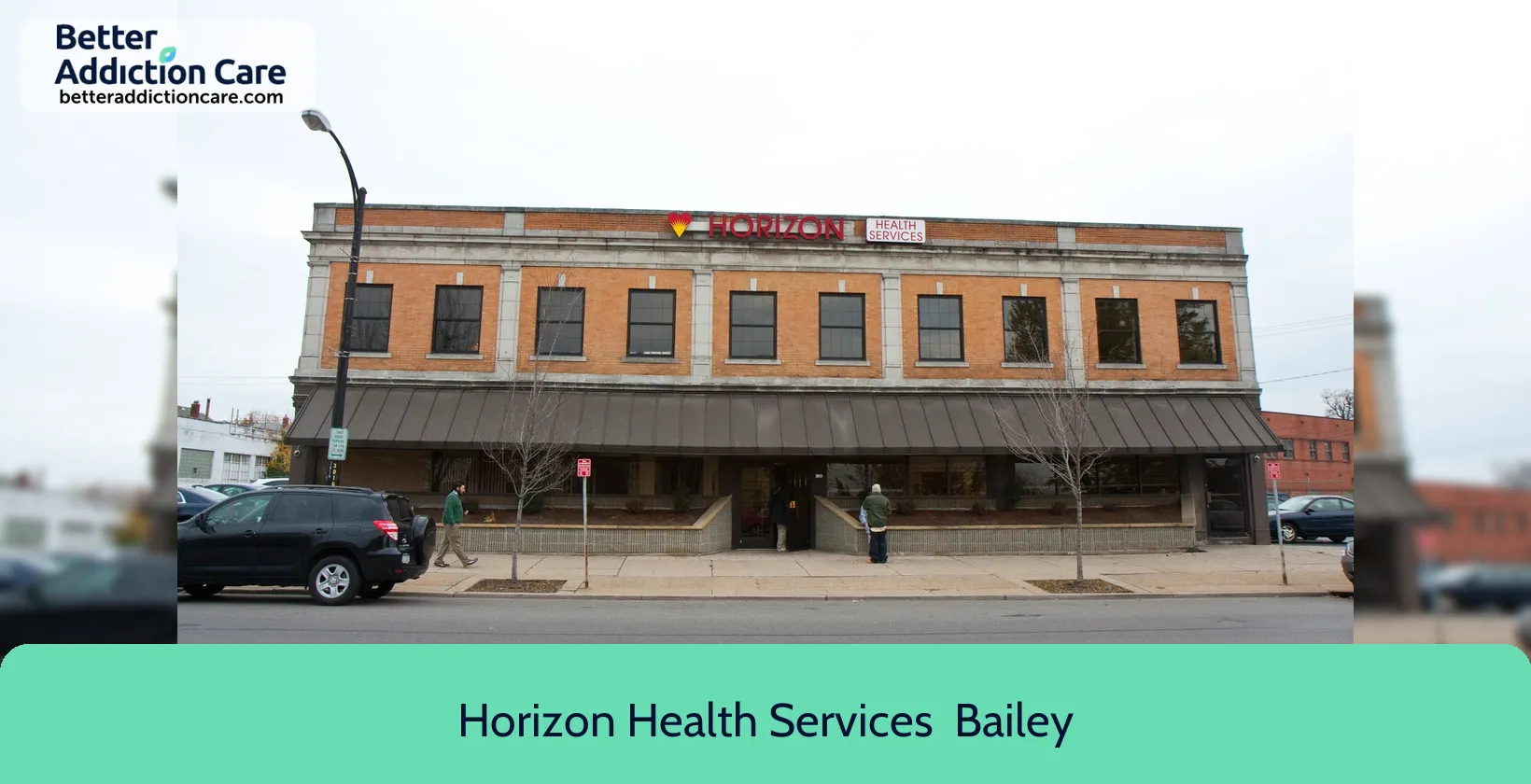
7.51
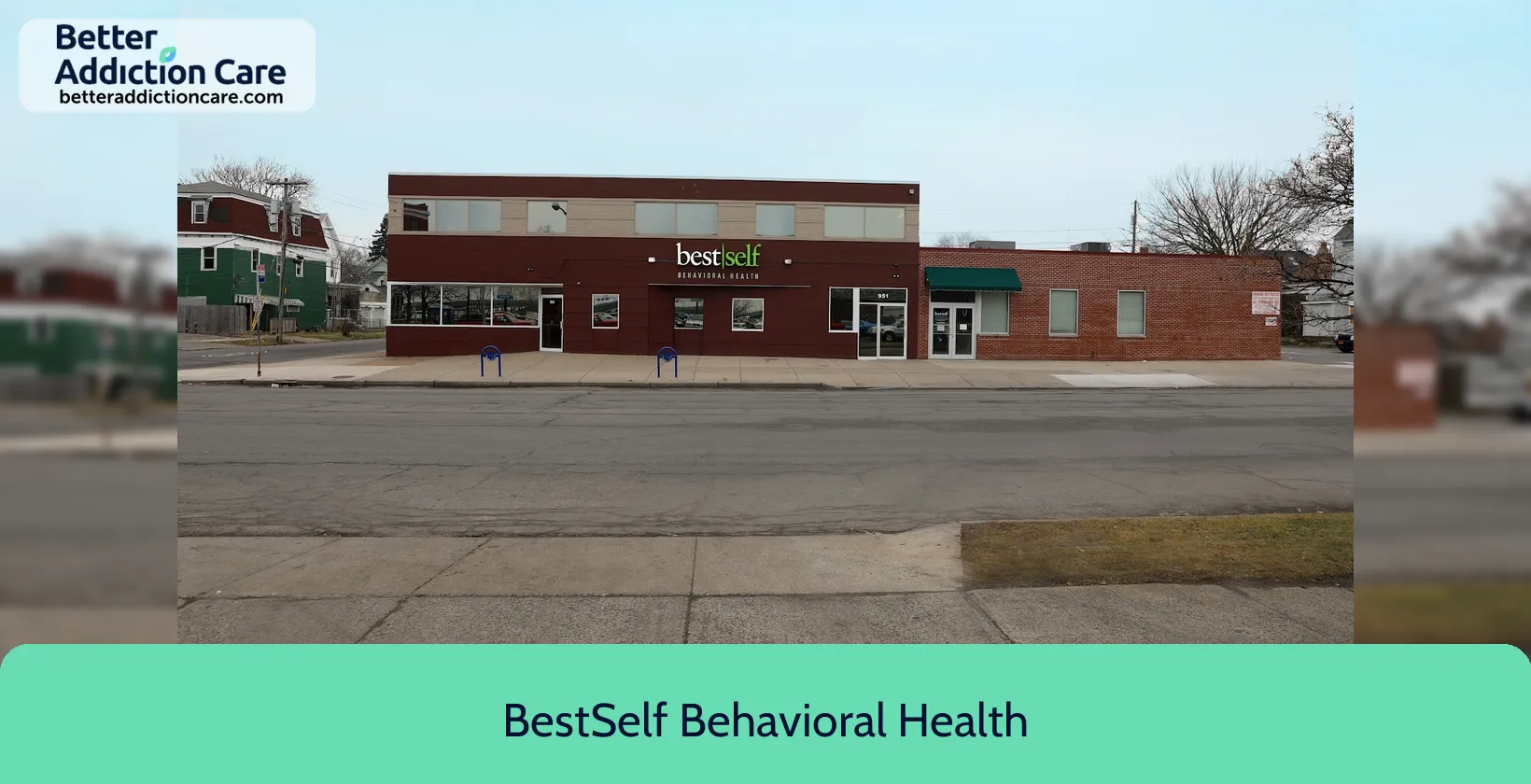
7.57
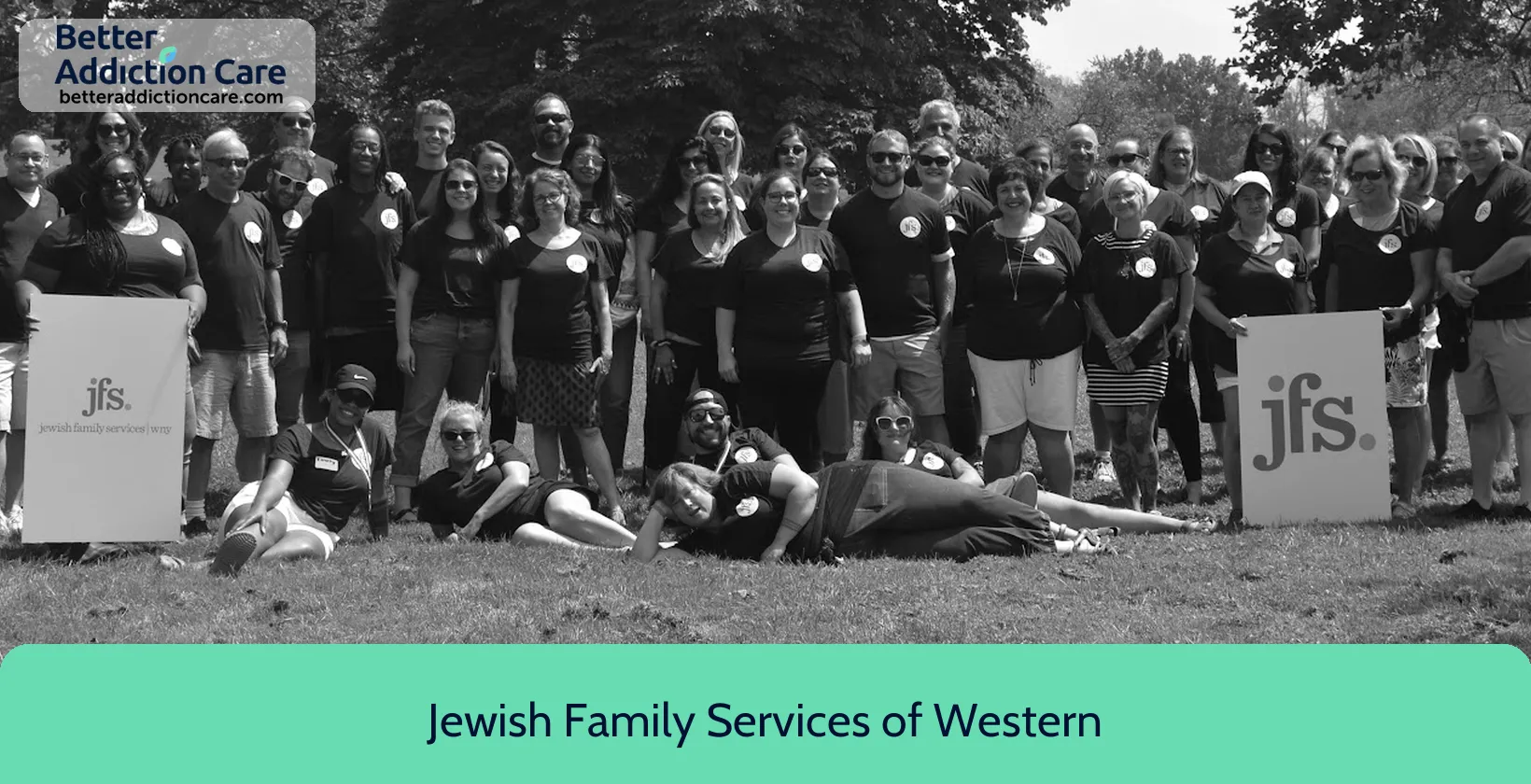
6.65
DISCLAIMER: The facility name, logo and brand are the property and registered trademarks of Jewish Family Services of Western New York, and are being used for identification and informational purposes only. Use of these names, logos and brands shall not imply endorsement. BetterAddictionCare.com is not affiliated with or sponsored by Jewish Family Services of Western New York.
